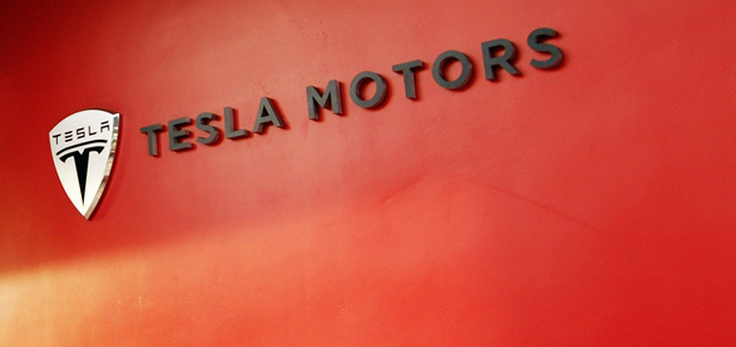Should Tesla Be Allowed To Sell Directly To Consumers? The FTC Thinks So
“Regulators should differentiate between regulations that truly protect consumers and those that protect the regulated,” the agency wrote in a blog post titled “Who decides how consumers should shop?” yesterday, outlining how the history of direct sales have benefited consumers, starting with mail-order catalogs and now, the Internet.
That switch from shopping at local stores or hailing a cab on the street to Internet shopping or apps that bring cabs on command have provided new business opportunities and new services for consumers, the post explains. But by legislating that consumers can only buy cars from the middlemen at dealerships, states are keeping consumers from accessing services they are used to having in other industries.
This is true for anti-Tesla regulations and others, writes the FTC:
“In this case and others, many state and local regulators have eliminated the direct purchasing option for consumers, by taking steps to protect existing middlemen from new competition. We believe this is bad policy for a number of reasons.”
• Both consumers and businesses win the status quo gets shaken up, because many times it serves unmet or underserved consumer needs. Of course, when an industry is used to how things go, it will often fight back by urging legislators to block the new guy on the block.
• Tesla is hardly serious competition threat to established dealers — its sales accounted for little over 22,000 out of 15 million cars sold. Instead, explains the FTC: “What it could represent is a real change to the way cars are sold that might allow Tesla to expand in the future and prove attractive to other manufacturers, whether established or new ones that have yet to emerge, and consumers.”
• The state laws with wide-ranging protections for independent dealers were made at a time when the automobile industry was new, and dealers needed help due to the imbalance of power between smaller local dealers and major national manufacturers.
But those laws changed, often outright banning sales of new cars by anyone other than a dealer. They ended up becoming “protectionist,” in that they perpetuated just one way of selling cars — the independent dealer.
“Such blanket bans are an anomaly in the broader economy, where most manufacturers compete to respond to consumer needs by choosing from among direct sales to consumers, reliance on independent dealers, or some combination of the two,” writes the FTC staff.
• Dealers argue that regulators have to prevent abuse of local dealers. But that’s unsupported in this case, and has no relevance to companies like Tesla.
“It has never had any independent dealers and reportedly does not want them,” the post notes.
All in all, the FTC explains that it’s had the habit of commenting on similar efforts to bar new rivals and new business models in many industries. Because when it comes down to it — competition “ultimately provides the best protections for consumers and the best chances for new businesses to develop and succeed.”
It’s not that new methods of sale are better than the old ways, the FTC notes, but that should be determined through the competitive process.
“We hope lawmakers will recognize efforts by auto dealers and others to bar new sources of competition for what they are—expressions of a lack of confidence in the competitive process that can only make consumers worse off,” the post concludes.
Who decides how consumers should shop? [FTC.gov]
Follow MBQ on Twitter where she doesn’t institute any state bans on stuff: @marybethquirk
Want more consumer news? Visit our parent organization, Consumer Reports, for the latest on scams, recalls, and other consumer issues.


